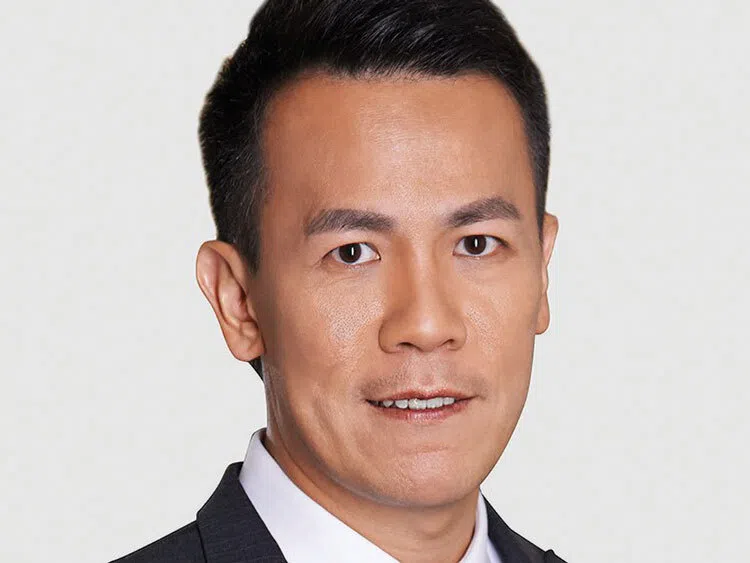SINGAPORE – Singapore and Hong Kong continue to cement their roles as Asia’s leading centres for wealthy families to build and safeguard family legacies as geopolitical uncertainties rise, private bankers say.
The two cities stand out even as more governments are actively competing to attract international wealth, as tax and political changes in other places are prompting rich families to reassess their geographic footprint.
Singapore and Hong Kong offer robust financial infrastructure and regulatory clarity, making them prime destinations for family offices seeking to navigate complexities.
Singapore has positioned itself as a natural hub for Asian families and those looking for a gateway to Asia, offering political stability, strong legal frameworks and a clear regulatory environment.
It serves clients from across Asia, including the Indian sub-continent, with access to world-class infrastructure and residency programmes.
Hong Kong’s attractiveness is underpinned by its international appeal, proximity to mainland China, deep talent pool and mature ecosystem of advisers.
“We’re seeing families move beyond simply managing wealth – they’re looking for institutional-style platforms that can support them across borders, across generations,” said Mr Christos Anagnostopoulos, head of family office solutions and advisory for Asia at Swiss bank Julius Baer.
“Singapore and Hong Kong offer that mix of infrastructure, talent and regional relevance,” he said. “This is where Singapore and Hong Kong stand out.”
Julius Baer’s Family Barometer 2025 report – which solicited the views of 2,845 experts from across Europe, Asia, the Middle East and Latin America – found 74 per cent of
the rich in Asia who are served by a family office prefer the single-family office (SFO) structure.
Unlike a multi-family office, an SFO manages the wealth and affairs of only one ultra-high-net-worth family.
Over the years, both Singapore and Hong Kong have offered incentive schemes to attract the rich to set up family offices.
By end-2024, Singapore had more than 2,000 SFOs that had been awarded tax incentives by the Monetary Authority of Singapore, while Hong Kong is estimated to have more than 2,700 SFOs.
Hong Kong’s attractiveness is underpinned by its international appeal, proximity to mainland China, deep talent pool and mature ecosystem of advisers.
PHOTO: REUTERS
Outside of Asia, Switzerland continues to hold appeal for families seeking stability and a longstanding tradition of private wealth services, while Dubai in the Middle East is offering attractive residency options and a dynamic ecosystem for private capital, bankers said.
Beyond tax incentives, cultural affinity, proximity to loved ones, education, career opportunities and lifestyle are also powerful draws, bankers said.
Given the geopolitical uncertainty, many families prize the resilience offered by having assets, and even citizenships, in multiple jurisdictions, they said.
Mr Jason Lai, chief executive for Asia at Schroders Wealth Management, told The Straits Times that wealth mobility is not one-way traffic.
“It’s about how globally minded investors are strategically positioning themselves and their capital across regions to balance opportunity, security and lifestyle preferences.”

Investors are increasingly looking for long-term stability and resilience in their portfolios, said Mr Jason Lai.
PHOTO: SCHRODERS WEALTH MANAGEMENT
Some individuals move their wealth or residence abroad for better investment opportunities or family reasons, while others are returning home or evaluating citizenship opportunities to diversify their options and access new markets, Mr Lai said.
Schroders Wealth Management sees wealth in Singapore originating primarily from three areas:
-
entrepreneurial wealth, built through business ownership and private enterprises;
-
corporate wealth, particularly from professionals in financial services, technology and real estate sectors; and
-
family wealth, where intergenerational planning and preservation of legacy drive investment decisions.
Mr Lai said investors are increasingly looking for long-term stability and resilience in their portfolios.
He said there remains strong interest in traditional asset classes such as global equities and investment-grade fixed income, but allocation strategies are gradually evolving.
“We are seeing a growing appetite for private market opportunities, including private equity, private credit and real assets, as investors seek enhanced diversification and potential inflation protection,” he said.
Sustainable investing also continues to feature prominently, with many clients aiming to align portfolios with environmental and social objectives, Mr Lai said.
Bankers said this flow of wealth across different jurisdictions adds significant complexity when it comes to managing wealth.
A family spread across Singapore, London and the US needs legal and tax expertise in each jurisdiction, as well as systems that can handle multiple currencies and reporting requirements. This requires sophisticated, cross-border advisory and operational systems, they said.
With wealthy families now looking to invest in everything from private equity and venture capital to digital assets and microfinance, more complexity and the potential for disagreement may arise, bankers said.
A common investment debate playing out in families worldwide involves Bitcoin, where one member sees the cryptocurrency as digital gold and wants a 5 per cent allocation, while others see it as a form of gambling.
This is why a robust governance structure is critical in managing differing levels of financial sophistication within the family, they said.
Images are for reference only.Images and contents gathered automatic from google or 3rd party sources.All rights on the images and contents are with their legal original owners.

